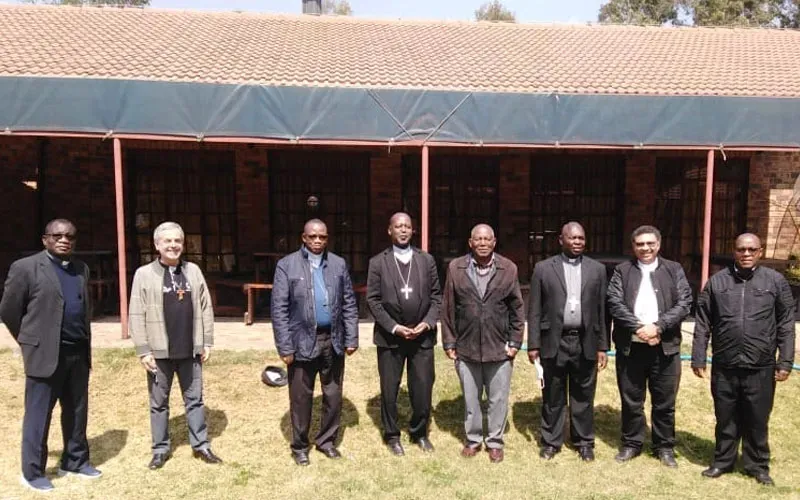Manzini, 06 November, 2021 / 10:30 pm (ACI Africa).
Representatives of the Fellowship of Christian Councils of Southern Africa (FOCCISA) who were on a four-day solidarity pastoral visit to the Kingdom of Eswatini have gathered that the people of God in the country are going through “a very painful and traumatizing period” due to the ongoing unrest.
Eswatini has been the scene of protests that turned violent in June. Demonstrators are clamoring for democracy in Africa’s only absolute monarchy. The ongoing unrest was however triggered by the death of the university student, 25-year-old Thabani Nkomonye, allegedly at the hands of the police. His colleagues took to the streets, calling for accountability.
The initial university students’ protests grew into daily pro-democracy marches in June, with protesters voicing deep-seated political and economic grievances, including expressions of dissatisfaction with the leadership of King Mswati III, Africa’s only absolute monarch. At least 50 people were reported dead.
In a statement read out by FOCCISA Chairman Thursday, November 4, the Christian leaders say meetings with various stakeholders in the country confirmed that the violence did not start with the demonstrations that reached unprecedented levels in June.
“The various groups we met agreed that the grievances that led to these protests have been simmering since the abrogation of the Independence Constitution by his Majesty King Sobhuza II in 1973,” FOCCISA members say in the statement read out by Rev. Rupert Hambira said during the November 4 ecumenical prayer service.








